 General Secretary Nguyen Phu Trong and US President Joe Biden before their talks on the afternoon of September 10. (Photo: Tri Dung/VNA)
General Secretary Nguyen Phu Trong and US President Joe Biden before their talks on the afternoon of September 10. (Photo: Tri Dung/VNA)
On September 14 and 15 ( Hanoi time), the United States Institute of Peace (USIP) held its second Annual Dialogue on the theme "Overcoming the consequences of war and peace in Vietnam, Laos and Cambodia."
Attending the event were USIP leaders, representatives of the US House Foreign Affairs Committee, the US Agency for International Development (USAID), government officials, researchers, advocacy groups, non-governmental organizations, and diplomatic representatives from Vietnam, Laos, and Cambodia.
The dialogue took place in the context of President Joe Biden's recent visit to Vietnam, marking a new step forward in diplomatic relations between the two countries.
The dialogue focused on efforts to address the consequences of war and its impact on the process of promoting relations between the US and Vietnam.
The dialogue focused on topics such as: Peacebuilding in Southeast Asia; Searching for and overcoming the consequences of war ; Reconciliation through art and culture; Announcement of the USIP Report on Agent Orange in Vietnam; Discussion on young US-Vietnam leaders; War aftermath and peacebuilding in Cambodia; Progress and challenges in overcoming the consequences of war in Laos; Experiences and lessons from the program to support people with disabilities after the war; Research programs on Vietnam; Application of digital technology in war aftermath.
In her opening remarks, Ms. Lise Grande – President of USIP – happily shared about the new and important development of the Comprehensive Strategic Partnership for Peace, Cooperation and Sustainable Development between the US and Vietnam, and expressed her hope for a breakthrough in overcoming the consequences of war in the coming time.
Sharing with delegates at the dialogue, Dr. Mira Rapp-Hoopper - Special Assistant to President Biden and Senior Director for East Asia and Oceania at the US National Security Council - said that the relationship between the two countries is entering a new, extremely meaningful page for the purpose of peace, cooperation and sustainable development in the region as well as globally.
 US Secretary of Defense James Mattis visits the dioxin remediation site at Bien Hoa airport, Dong Nai in 2018. (Photo: Hoang Hai/VNA)
US Secretary of Defense James Mattis visits the dioxin remediation site at Bien Hoa airport, Dong Nai in 2018. (Photo: Hoang Hai/VNA)
Speaking at the workshop, Senior Lieutenant General Nguyen Van Rinh, Chairman of the Vietnam Association of Victims of Agent Orange /Dioxin (VAVA), said that cooperation in overcoming the consequences of war is considered the foundation of Vietnam-US relations, contributing significantly to the process of reconciliation, healing and building trust between the two countries, opening up new opportunities for cooperation in other important areas.
A series of projects have been and are being implemented, recognizing the joint efforts in Vietnam-US cooperation in overcoming the consequences of war.
In the coming time, in order for the US's assistance to Vietnam in overcoming the consequences of war to be more effective and commensurate with the relationship between the two countries in the new period, the two sides need to build a stable, long-term, and systematic cooperation mechanism.
The US needs to further promote cooperation in environmental remediation, overcoming the consequences of bombs, mines and toxic chemicals/dioxin in Vietnam; continue to effectively implement projects to support improving the quality of life of people with disabilities who are victims of bombs, mines and Agent Orange.
The US supports the construction of a dioxin analysis center, medical examination and treatment facilities, rehabilitation facilities, and drug supply; promotes communication work on overcoming the consequences of war; enhances exchanges between Agent Orange victims and disabled people with American friends, etc.
In an interview with VNA, Tim Rieser, Assistant to former Senator Patrick Laehy, one of the US's key contributors to promoting cooperation in overcoming the consequences of war in Vietnam, said: “The cooperation in resolving the consequences of war between Vietnam and the US is a typical example for other countries. No country that was once an enemy has had such cooperation. For many years, Vietnam has spent a lot of time and effort helping us search for US soldiers missing in action. That opened the door for US war consequence programs, starting with the Laehy War Victims Assistance Fund, a program initiated by Senator Laehy in the 1980s and then expanding to programs to deal with the problem of unexploded ordnance left over from the war, which continues to be a major problem in some areas of Vietnam. Every year we support millions of USD to solve the problem of unexploded ordnance.” landmines and the issue of Agent Orange and dioxin. I believe that these programs have brought our two countries closer together and laid the foundation for reconciliation and cooperation, which led to President Biden and General Secretary Nguyen Phu Trong signing the Comprehensive Strategic Partnership in Hanoi. War legacy programs are at the heart of our post-war cooperation.”
 Major General Bui Anh Chung, Deputy Commander of the Air Defense - Air Force, and Ms. Bonnie Glick, Deputy Director General of the US Agency for International Development, signed the handover of the site for the Bien Hoa Airport Dioxin Remediation Project (November 1, 2019). (Photo: Duong Giang/VNA)
Major General Bui Anh Chung, Deputy Commander of the Air Defense - Air Force, and Ms. Bonnie Glick, Deputy Director General of the US Agency for International Development, signed the handover of the site for the Bien Hoa Airport Dioxin Remediation Project (November 1, 2019). (Photo: Duong Giang/VNA)
Commenting on the workshop, Ms. Phuong Erin Steinhauer, President of the Vietnam Society, said that the dialogue on the legacy of war and peace was a great opportunity to talk about what happened between Vietnam and the US to resolve the consequences of the war. A lot of progress has been made.
Public opinion was very happy when President Biden signed an agreement to upgrade the partnership with Vietnam to a new level.
Today, the Vietnam Society uses art and culture as a way to bring people together through changing Americans' perceptions of Vietnam, from a country at war to a country with a 4,000-year heritage.
This is also meaningful for Vietnamese Americans who want to reconnect and learn more about their culture and roots.
The war has ended nearly 50 years ago, but overcoming the consequences of war is still something that relevant parties are trying to address, considering this a driving force to promote Vietnam-US bilateral relations./.
Source


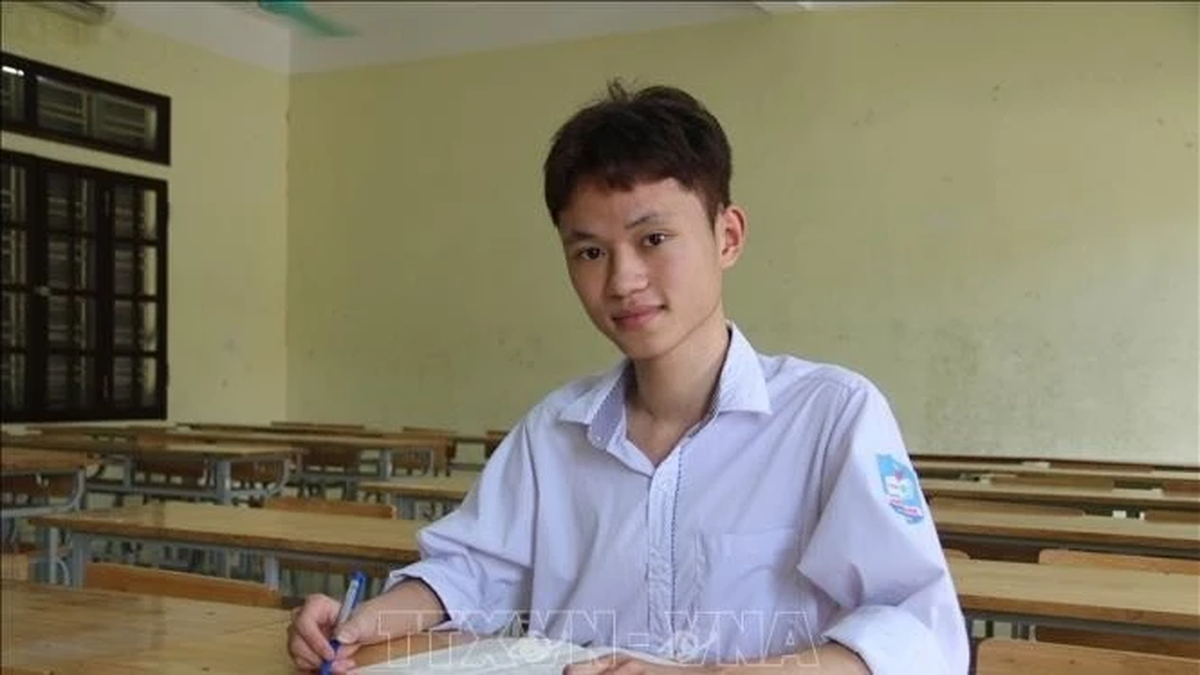
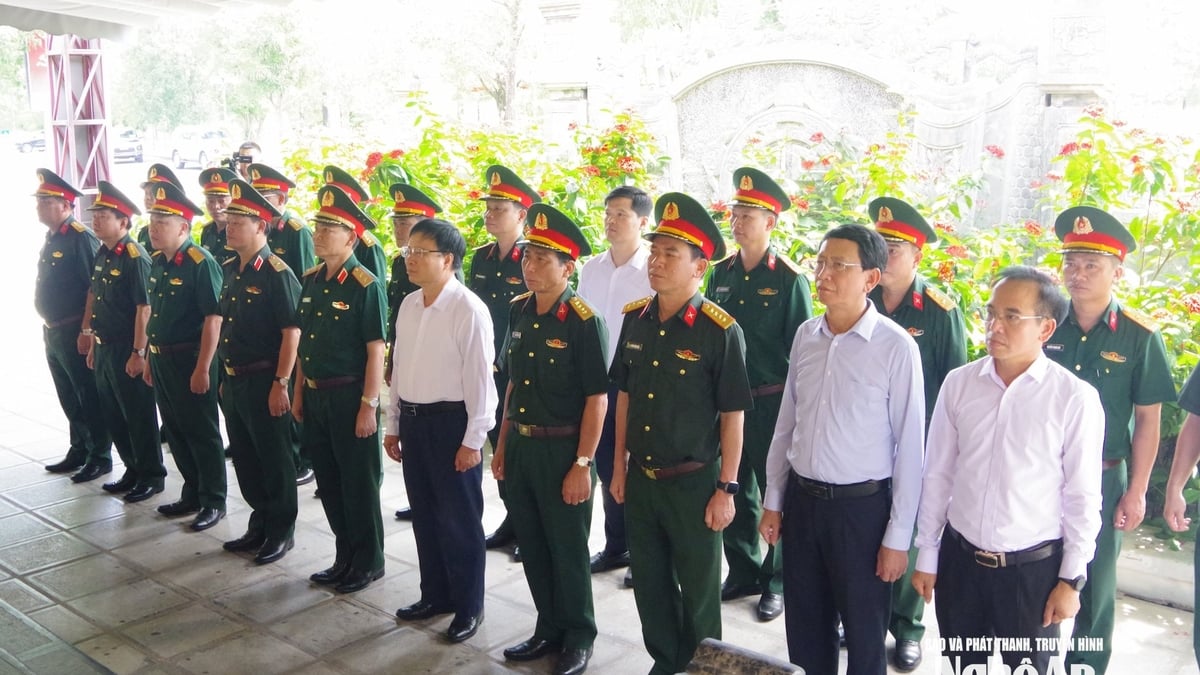

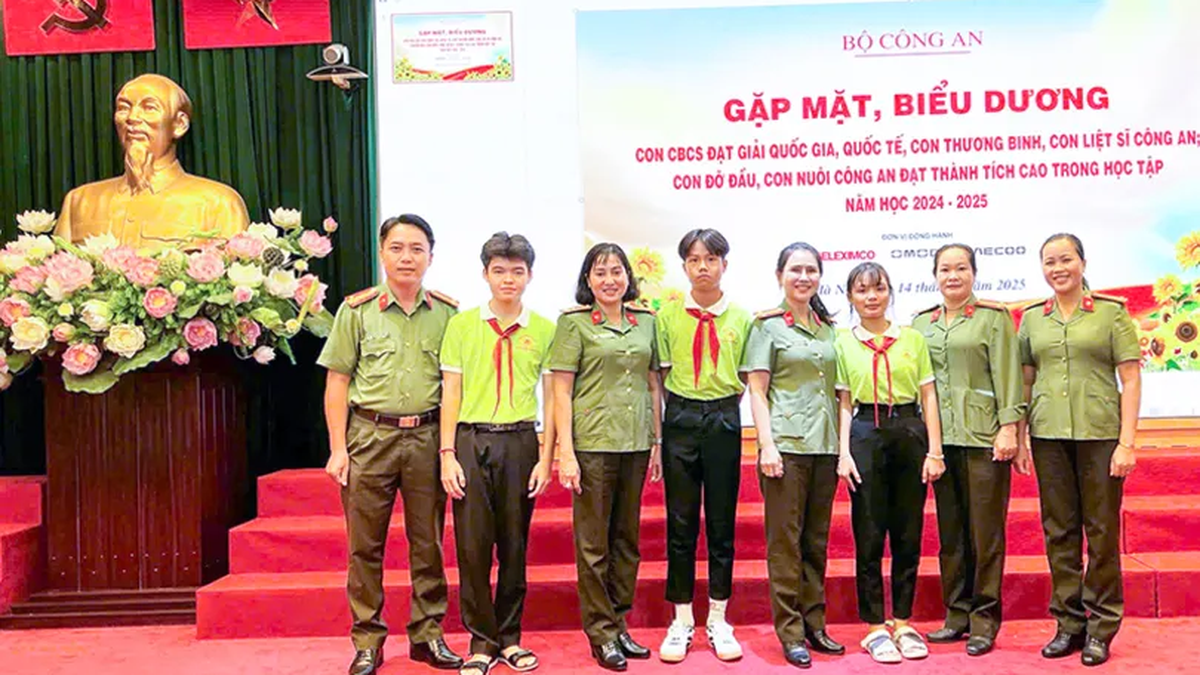
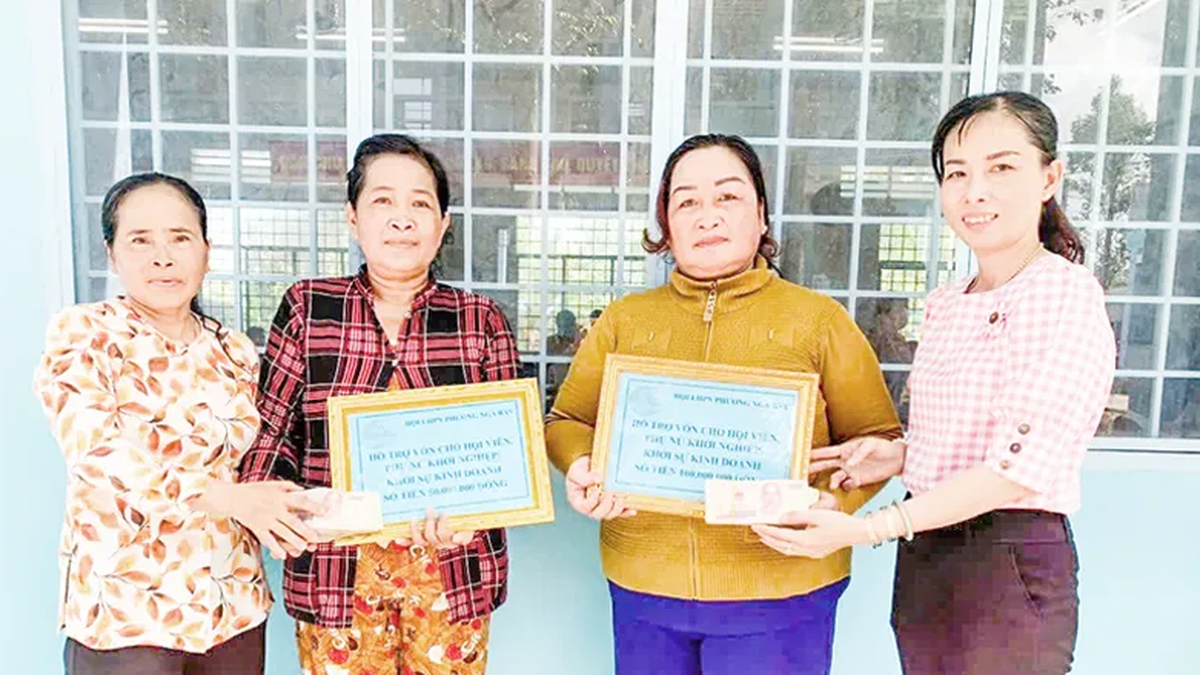
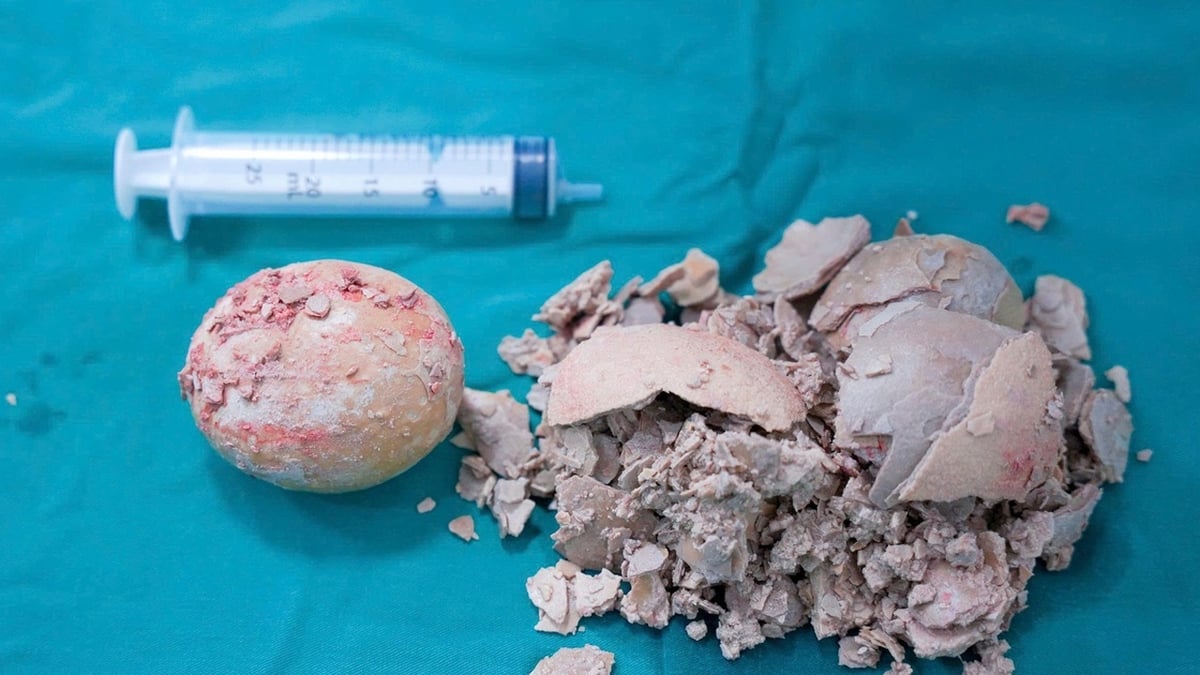
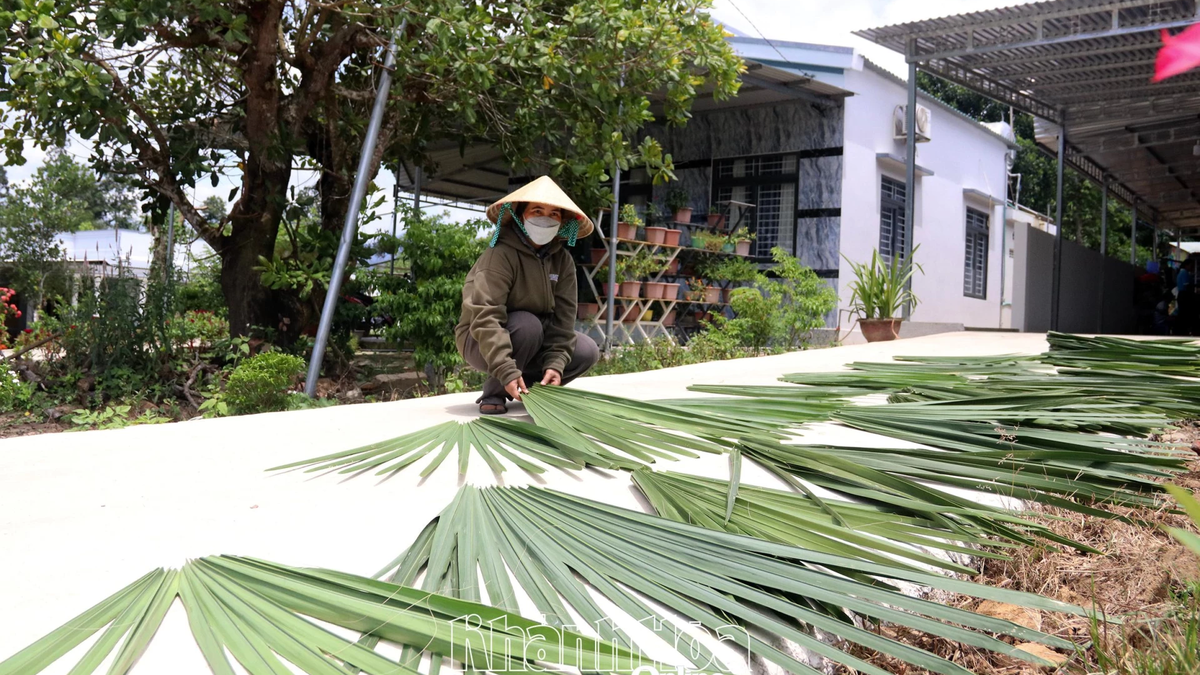
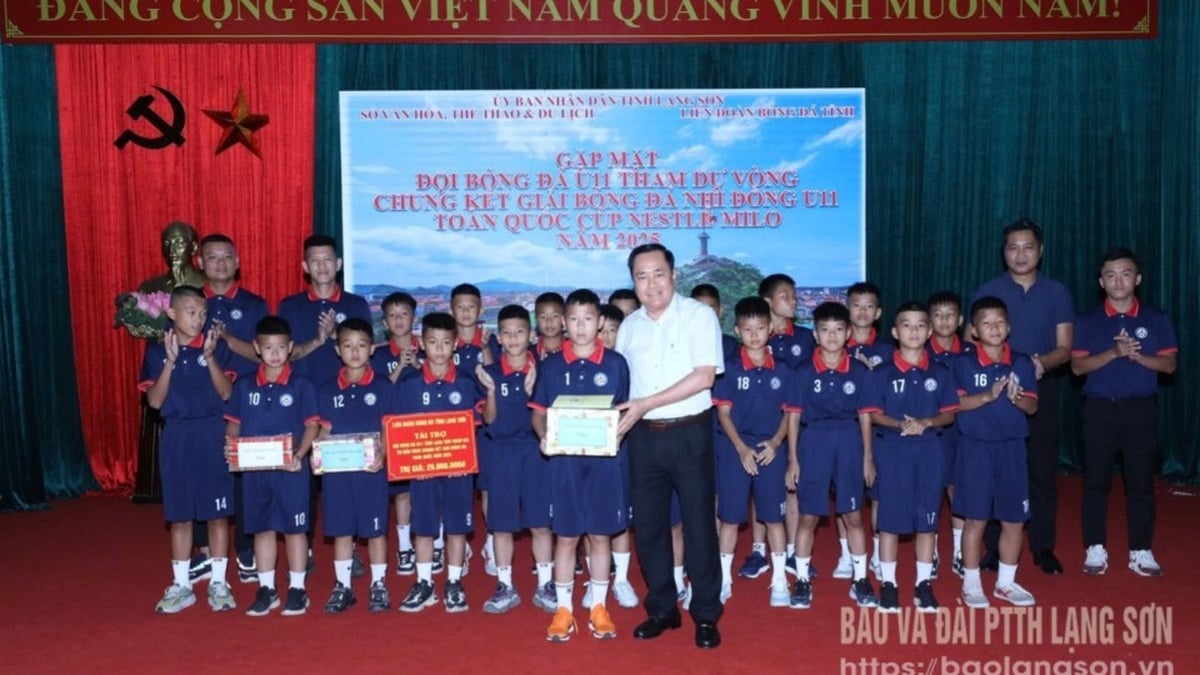
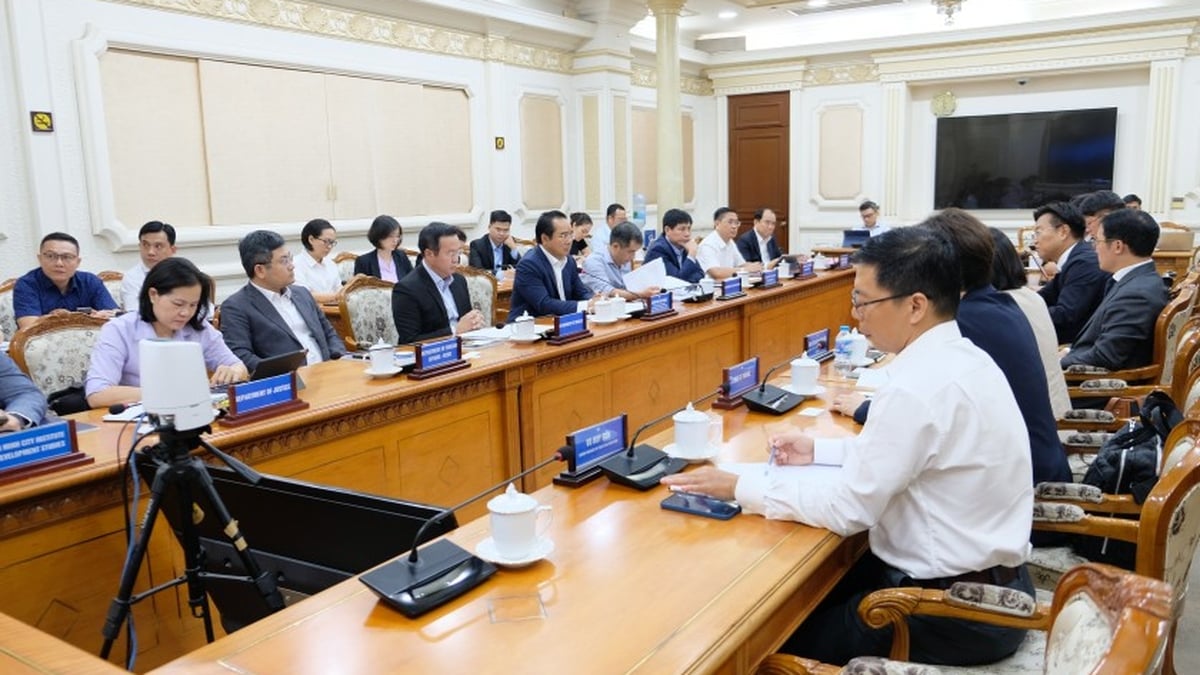
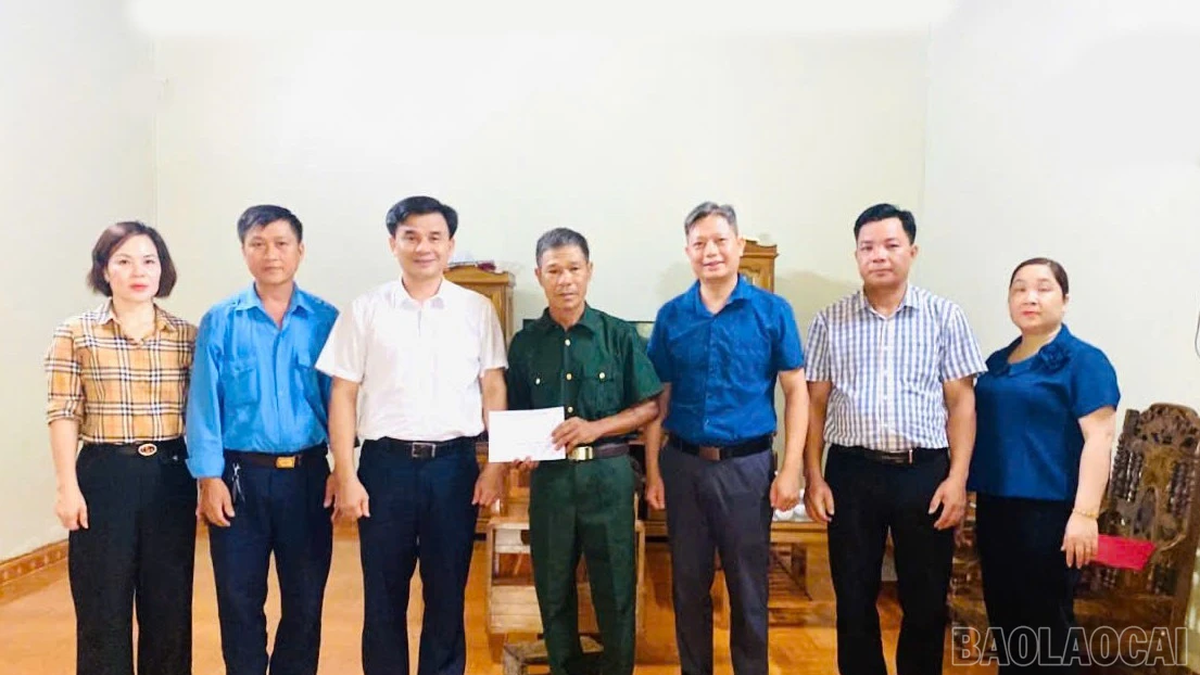








































![[Maritime News] More than 80% of global container shipping capacity is in the hands of MSC and major shipping alliances](https://vphoto.vietnam.vn/thumb/402x226/vietnam/resource/IMAGE/2025/7/16/6b4d586c984b4cbf8c5680352b9eaeb0)












































Comment (0)